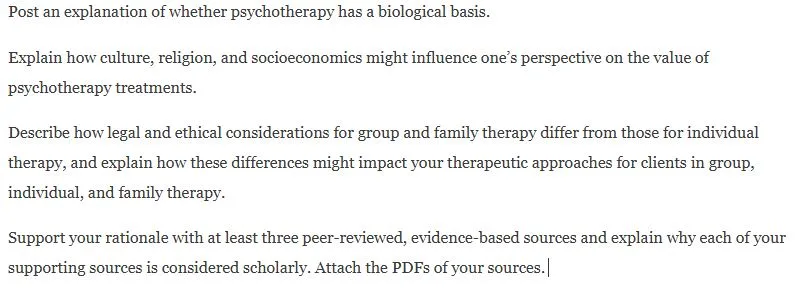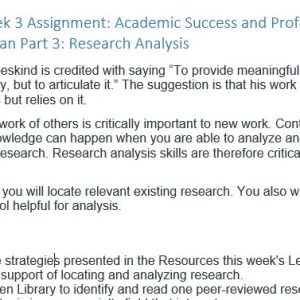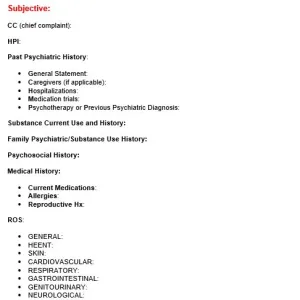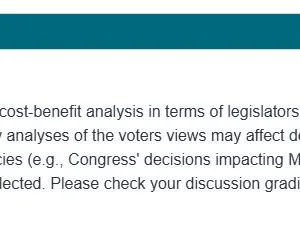6645 Week 1 Discussion: Psychotherapy Insights & Influences
Post an explanation of whether psychotherapy has a biological basis.
Explain how culture, religion, and socioeconomics might influence one’s perspective on the value of psychotherapy treatments.
Describe how legal and ethical considerations for group and family therapy differ from those for individual therapy, and explain how these differences might impact your therapeutic approaches for clients in group, individual, and family therapy.
Support your rationale with at least three peer-reviewed, evidence-based sources and explain why each of your supporting sources is considered scholarly. Attach the PDFs of your sources.
Solution
An Explanation of Whether Psychotherapy Has a Biological Basis
The biological basis of psychotherapy is demonstrable because it lies in the concepts of neuroplasticity, neuroendocrine control, and molecular signaling. Psychotherapy has been shown to induce significant brain changes, such as neurotrophic factors, hormone regulation, and neural connectivity change. Indicatively, Xu et al. (2024) emphasize the importance of brain-derived neurotrophic factor (BDNF) in psychotherapy, demonstrating that talk-based therapies can regulate the levels of the protein that is vital to synaptic plasticity and mood control. On the same note, Fischer and Zilcha-Mano (2022) focus….
Get full solution for $6.00




